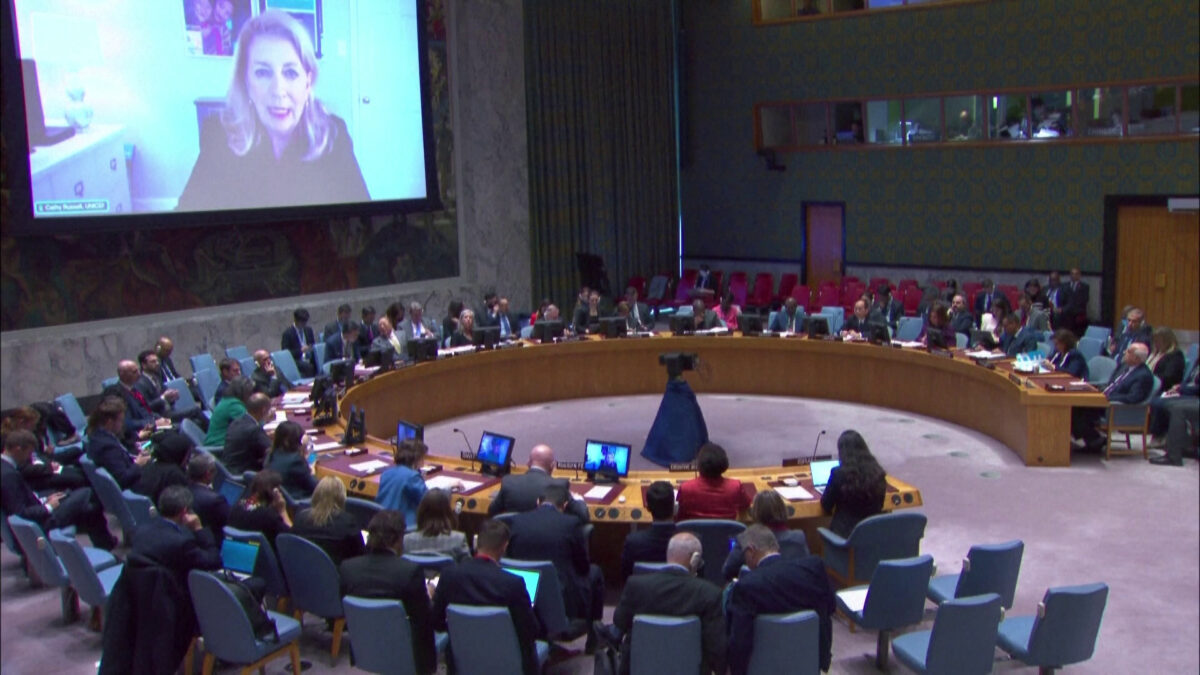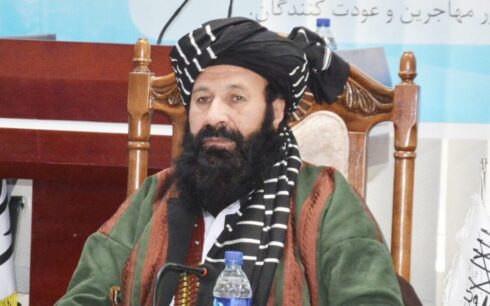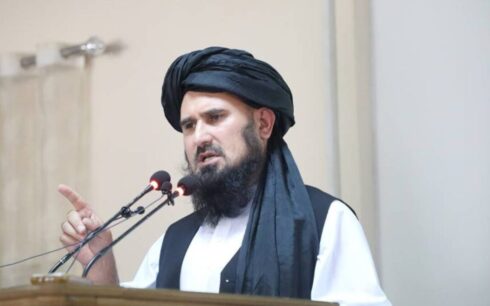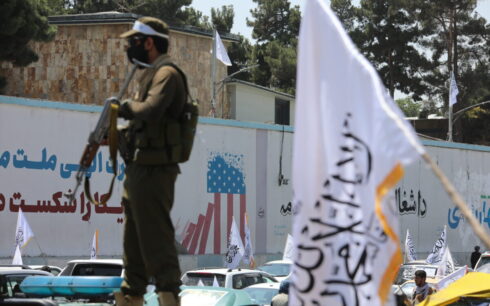Nasir Andisha, Afghanistan’s representative in the United Nations Geneva office, emphasized that the Taliban lacks the authority to veto the selection of the UN special envoy for peace and political matters in Afghanistan.
Speaking with Amu, Andisha stated that following consultation and approval by the United Nations Security Council, the appointed special envoy would commence their duties, engaging in discussions with all political factions in Afghanistan.
The yet-to-be-consulted evaluation of the United Nations Special Coordinator, viewed as a roadmap for Afghanistan’s future, awaits consideration by the United Nations Security Council.
The Taliban has rejected at least three crucial recommendations from the assessment, including the appointment of a special envoy for Afghanistan, resuming peace talks, and forming an inclusive government.
Andisha asserted that, regardless of the Taliban’s acceptance, a special envoy would be appointed with the approval of the United Nations Security Council to engage in dialogue with Afghan political parties.
“The Taliban do not have the right to veto the issue of the UN Security Council introducing a special representative on the political and peace issues of Afghanistan. It is not something that the United Nations is waiting for whether the Taliban will accept or not,” he stated.
The United Nations assessment outlines the special envoy’s mission to restart peace talks and provide a platform for global interaction with Afghanistan.
Andisha highlighted the international community’s desire to resolve tensions and bring stability by concluding the debate with the Taliban through a new roadmap, especially in the transformative year of 2024.
The assessment aims to pull Afghanistan out of isolation, integrate it into the international community, and engage with the Taliban. However, achieving these goals requires changes in the political structure, increased women’s participation, and adherence to international rules and conventions.
Former deputy speaker of Afghanistan’s Senate under the republic government, Mohammad Alam Izdiyar, questioned whether responsible international institutions, including the United Nations, would heed the wishes of the international community and the Afghan people concerning the Taliban.
In addition to the Taliban’s opposition, the National Resistance Front, former NDS chief Rahmatullah Nabil, and at least 71 civil organizations from Afghanistan have voiced their dissent, urging a revision of parts of the assessment.
The Security Council members will soon discuss the evaluation, and if approved, its proposals will be implemented.





